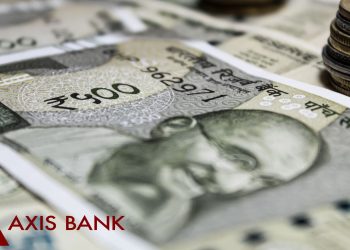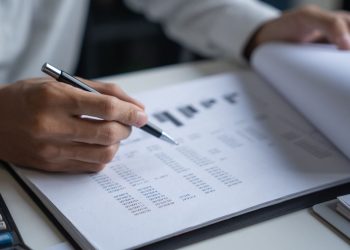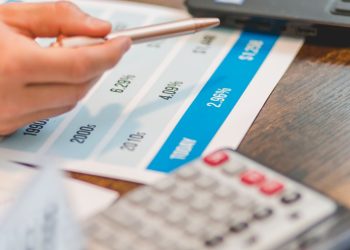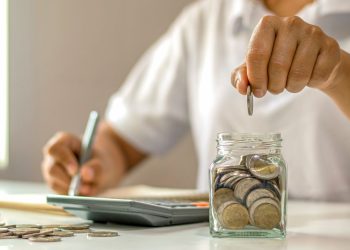Most Americans feel unsure about their money. Yet nearly everyone is trying something to fix that.
According to a Pew Research survey, 40% say their finances are only fair, and 17% say poor. Just 7% describe them as excellent and 36% as good. And 28% expect their money situation to be worse in a year.
In another study, only 13% of Americans say they feel very good about their financial lives. Yet, 84% agree that financial planning is more important than ever.
Meanwhile, 77% say they are not completely financially secure. Of these, nearly half hope to be someday, but about 32% feel they never will.
Still, Many Are Taking Action
Despite the low confidence, Americans are actively working on their finances:
- A NerdWallet survey found that 90% set money goals this year. But 45% aren’t on track, and 7% aren’t sure if they’ll reach them.
- Many long-term plans are in motion: At a recent middle-market study, 78% of consumers say they’ve started saving for retirement (up from 73% last year). Still, only 29% feel very confident about retirement decisions.
- A report by Operation HOPE shows that even though 83% feel their income can’t keep up with costs, and 84% have felt anxious about money in the past 90 days, still 80% believe their finances will improve soon-and 82% say their career trend will rise.
These numbers reflect the push: people may not feel secure-but many are working to be.
What’s Holding People Back
- Financial literacy remains weak. About 54% know at least some personal finance basics. Only 27% feel confident making an investment plan.
- Anxiety about money isn’t just mental-it’s physical. Nearly 70% of Americans say money worries make them depressed or anxious. And 63% report losing sleep over it.
Everyday Examples: How People Are Coping
To fight uncertainty, many households are adjusting daily spending:
- Cutting streaming services: Instead of juggling five subscriptions, families are picking just one or two. This can save $50-$70 a month.
- Cooking at home: Delivery apps are down in use. More people are returning to home-cooked meals, cutting restaurant bills in half.
- Travel scaling back: Instead of international trips, many are choosing road trips or camping holidays. Cheaper, but still fulfilling.
- Side hustles on the rise: From online freelancing to driving for rideshare apps, extra income streams are helping cover rising costs.
- Debt payoff focus: Some are switching to the “snowball” method-paying off the smallest debt first-to build momentum and confidence.
These small steps add up. Even if financial confidence is low, practical actions are giving people some sense of control.
Quick Summary: The States of Mind
| Feeling | What’s Happening |
|---|---|
| Low Confidence | Only a small group feel financially solid. Majority don’t expect better soon. |
| Action and Goals | Almost everyone sets money goals; many save or plan for the future. |
| Struggle with Knowledge | Confidence in investing or long-term plans remains low. |
| Stress and Anxiety | Financial worries are impacting health, relationships, and sleep. |
| Everyday Coping | Cutting streaming, eating in, cheaper travel, side hustles, and debt payoff. |
Bottom line: Most people feel uneasy about money-but they’re not giving up. From canceling subscriptions to picking up side hustles, Americans are finding ways to cope. Small actions, repeated daily, are helping turn financial stress into slow but steady progress.












